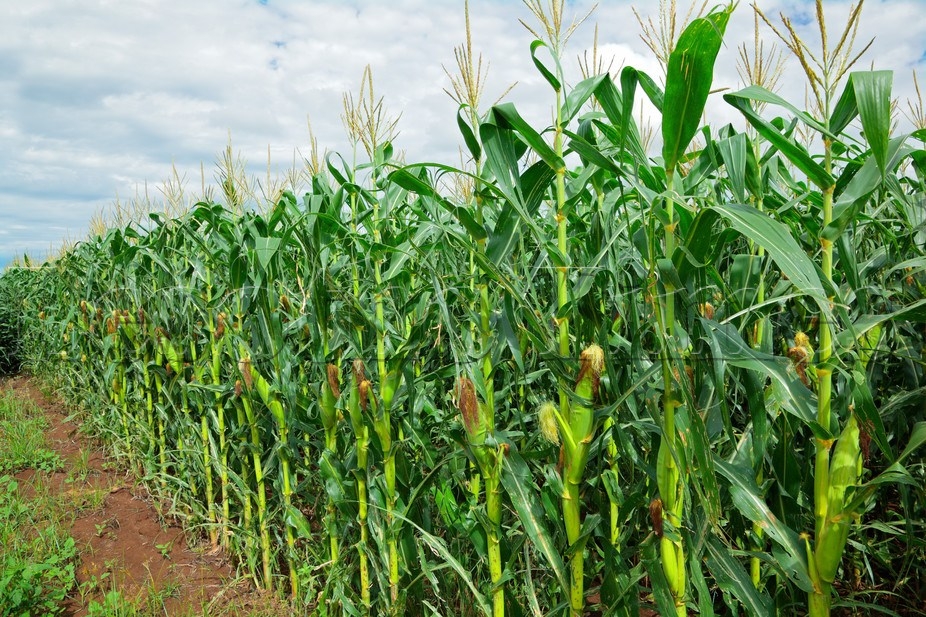Bereng Mpaki
THE government has launched a 60 percent farming inputs subsidy to bolster the 2021 summer cropping.
The subsidised inputs include seeds, fertilisers, pesticides and herbicides among others.
The subsidy was announced last weekend by Agriculture, Food Security and Marketing Minister, Likopo Mahase during a media briefing. Mr Mahase told the press that the government intends to spend M100 million in this initiative.
He said it was important for farmers to take advantage of the subsidy to improve Lesotho’s food security particularly after the heavy rains experienced last year swept away crops while some farmers failed to weed their fields.
The situation was worsened by the Covid-19 restrictions imposed last year also negatively affected the summer cropping resulting in subdued yields.
But unlike last year, prospects are that this year’s summer cropping season would be improved given the early rains that Lesotho is currently receiving.
“We encourage farmers to start preparing their soil now and begin sourcing inputs in anticipation of this year’s cropping season,” Mr Mahase said.
He said plans of procuring the subsidised inputs were at an advanced stage and they would be available starting on Wednesday.
The subsidised inputs will be sold to contracted retailers at agreed rates. The retailers will, in turn, sell them to farmers in their local areas at uniform prices countrywide.
Mr Mahase warned retailers against charging higher than the stipulated as this would defeat the spirit of the subsidy. Retailers who interested in participating in the initiative must approach their respective district agricultural offices to sign contracts, he said.
“We appeal to the retailers to adhere to the agreed pricing of the agricultural inputs so that we can achieve food security to fight poverty.”
Retailers will buy the inputs from the ministry’s storage facilities in Ha-Foso, Butha-Buthe, Leribe, Maputsoe and Mohale’s Hoek.
The government has decided against subsidising the cost of ploughing to empower farmers who have taken loans to purchase agricultural equipment. Mr Mahase added that engaging private distributors in distributing inputs was part of the government’s efforts to pave way for private sector-led economic growth in the agricultural sector.
Meanwhile, the Food and Agricultural Organisation (FAO) in May this year said Lesotho’s cereal production was forecast at about 120 000 tonnes, nearly 25 percent over the 2020 and 13 percent more than the average of the past five years.
“About 580 000 people were estimated to be facing acute food insecurity during the October 2020 to March 2021 period. At this level, the number of people in need of food assistance was 35 percent above the corresponding period in 2019/20.
“The prevalence of food insecurity increased from 30 to 40 percent of the analysed population and of particular concern was the increase in the number of people in emergency need for food and these were estimated at 100 000 compared to the 70 000 of the previous year. Overall, high prices of food and the loss of jobs and incomes associated to the Covid-19 pandemic were the main drivers of the increase in the prevalence and severity of food insecurity,” a recent FAO statement said.

